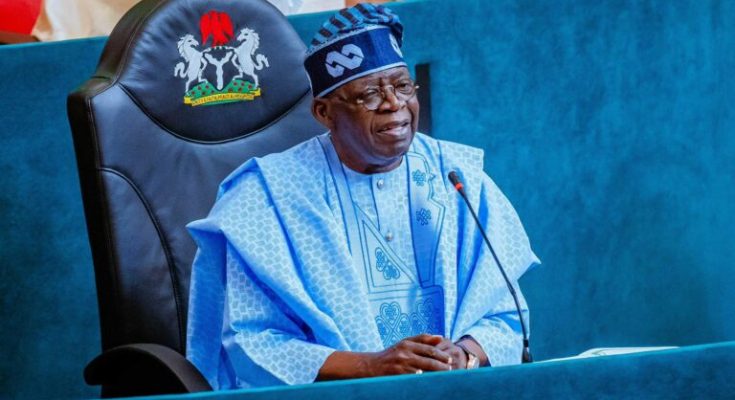A prominent member of the People’s Democratic Party (PDP), who has chosen to remain anonymous, has sharply criticized President Bola Tinubu’s decision to invest ₦10 billion in a solar power grid for the Aso Rock Presidential Villa, accusing him of focusing on personal comfort while leaving the Nigerian populace in darkness. The PDP chieftain described the move as emblematic of the leadership disconnect between the government and the ordinary citizens, many of whom continue to struggle with the challenges of erratic power supply and inadequate infrastructure.
The ₦10 billion investment, which is intended to power Aso Rock with renewable energy, has raised eyebrows across the country, especially considering Nigeria’s long-standing power crisis. Critics argue that while the President’s residence is being upgraded with modern amenities, millions of Nigerians are still grappling with unreliable power sources, facing blackouts, and relying on costly generators to meet their daily energy needs.
The PDP chieftain argued that the government’s priorities should be directed towards solving the national energy crisis, rather than focusing on the comfort of those already in power. He pointed out that the huge sum allocated for the solar grid at Aso Rock could have been better spent on upgrading the national power infrastructure, which would benefit Nigerians across the country.
The political figure also criticized the lack of transparency surrounding the project, questioning the feasibility of such a large-scale investment amid a global economic downturn and Nigeria’s own fiscal challenges. He further emphasized that the government’s actions reflect a broader pattern of neglecting the welfare of citizens in favor of self-serving policies that do not address the needs of the masses.
As power supply remains a major issue in Nigeria, with many states and communities experiencing frequent outages, the controversy surrounding the Aso Rock solar grid has reignited debates about the government’s commitment to addressing the nation’s energy deficit. Critics are calling for the government to channel resources into revamping the national electricity grid, enhancing generation and distribution capacity, and ensuring that Nigerians enjoy stable power supply rather than prioritizing luxury for those at the helm of power.
In response, some government supporters have defended the initiative, arguing that the move is part of a broader strategy to embrace renewable energy and modernize Aso Rock’s infrastructure, which could serve as a model for the nation. However, the continued concerns over Nigeria’s power woes and the growing divide between the elite and the masses mean that the project is unlikely to be without controversy.
